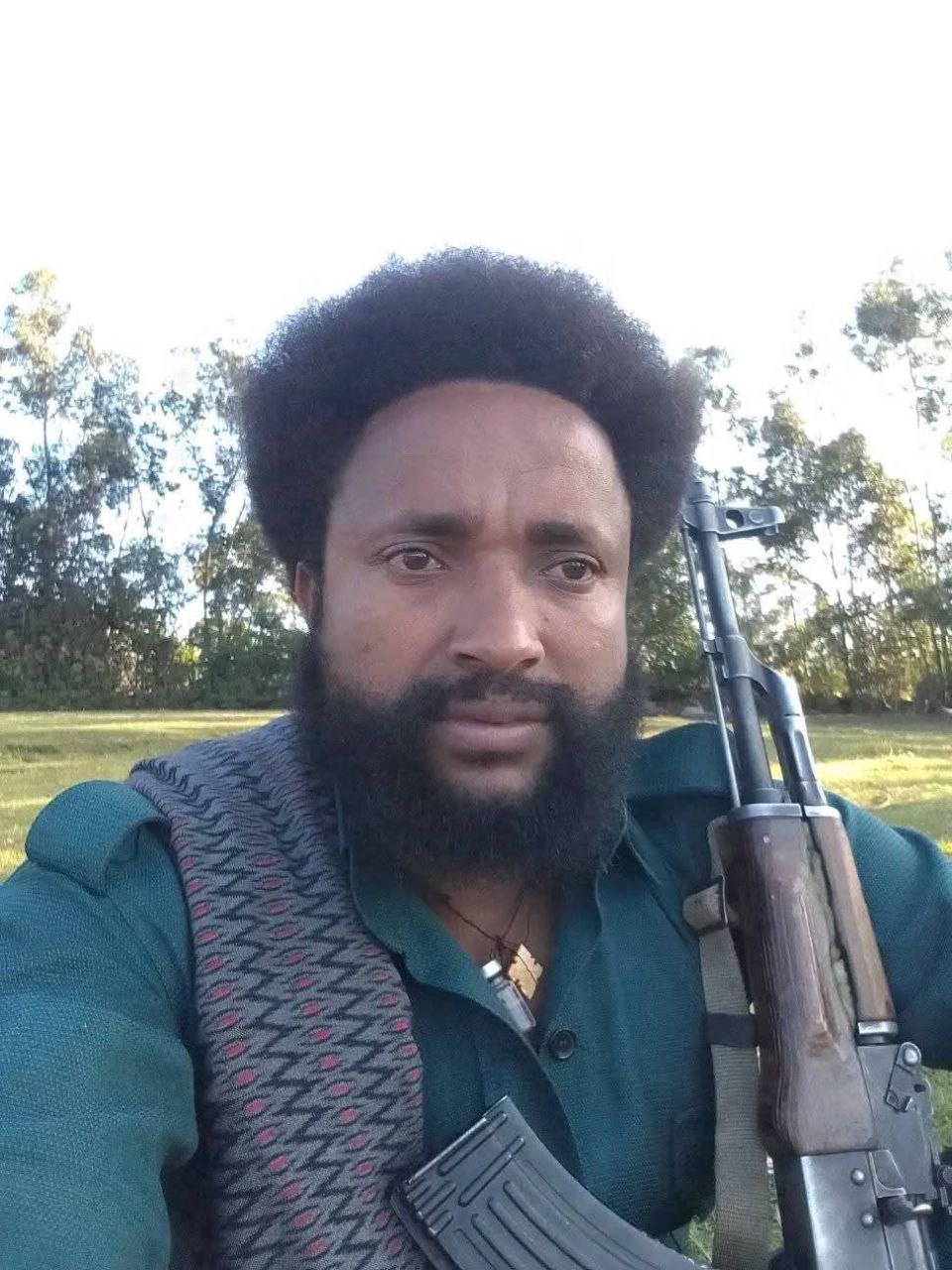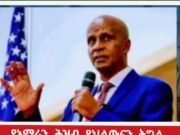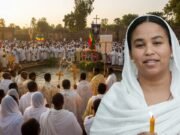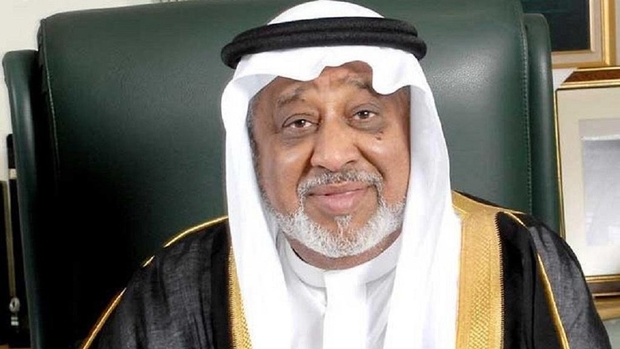He supplies coffee to Starbucks. He owns much of Ethiopia. And he is known as “Sheikh Mo” in the Clintons’ circle.
But the gilded life of Sheikh Mohammed Hussein Al Amoudi took a sharp turn in November. Sheikh Amoudi, the gregarious 71-year-old son of a Yemeni businessman and his Ethiopian wife, was swept up with hundreds of billionaires, princes and other well-connected figures in what the Saudi government says is an anti-corruption campaign that has seized more than $100 billion in assets.
Many other detainees, who were initially kept at a Ritz-Carlton hotel in Riyadh, have been released, including Prince Alwaleed bin Talal, the well-known international investor. Sheikh Amoudi’s cousin Mohammed Aboud Al Amoudi, a property developer, was also let go.
But Sheikh Amoudi, once called the world’s richest black person by Forbes, has not been freed, leaving a vast empire that employs more than 70,000 people in limbo. He controls businesses from Ethiopia, where he is the largest private employer and the most prominent backer of the authoritarian government, to Sweden, where he owns a large fuel company, to London, which he has used as a base to set up a number of companies.
“He was in the Ritz-Carlton, but we have been told by his family members that he was moved, along with others, to another hotel,” Sheikh Amoudi’s press office said in an email responding to questions. “Unfortunately we do not know where. He is in regular contact with his family and is being treated well.”
While Sheikh Amoudi lacks a princely pedigree, he is in other ways an archetype of those entangled in the kingdom’s power play: a billionaire with assets stretching across the world who had close ties to previous governments.
The late King Abdullah was a supporter of Sheikh Amoudi’s Saudi Star Agricultural Development, a sprawling farming venture in Ethiopia established to supply rice to Saudi Arabia. Such ventures are seen as strategic assets in a desert kingdom keenly aware of its agricultural limitations. While Saudi Star has had a tough time getting going, it is said to be a particular focus of the new government’s interest.
Saudi officials have declined to comment on the charges against individual detainees as well as their status, citing privacy laws.
The Saudi government has said its dragnet followed an extensive investigation by a newly formed anti-corruption committee headed by the country’s crown prince, Mohammed bin Salman. The prince, who has fashioned himself as a reformer, is in the midst of a charm offensive to bolster diplomatic and financial ties to the West and is scheduled to visit Washington this month.
The detentions, however, have been almost entirely opaque. There have been no signs of collaboration with Western law enforcement and no charges made public, leading some critics to view it as a power and money grab rather than a bona fide anti-corruption effort. Saudi officials have denied that anyone has been mistreated, but people with knowledge of the detentions have said that as many as 17 of the detainees required medical attention because of abuse, and one later died in custody.
Given the insular nature of the country and the crackdown, Saudi officials are likely to make the most headway seizing assets within their own borders. Within Sheikh Amoudi’s empire, there is much to sort through.
He moved to the kingdom as a teenager. Although there are few firm details about how a commoner came to vast wealth, he managed to forge influential connections. The most important was Prince Sultan bin Abdel Aziz, who served as defense minister and crown prince before his death in 2011. Sheikh Amoudi ran businesses that depended on the prince’s money and position, associates said. Another of his allies was Khalid bin Mahfouz, a billionaire who later became enmeshed in the collapse of the Bank of Credit and Commerce International in 1991, at the time one of the largest private banks in the world.
In the 1980s, Sheikh Amoudi set up Mohammed International Development Research and Organization Companies, a conglomerate known as Midroc. Early on, his biggest deal was a multibillion-dollar project to build the kingdom’s underground oil storage capacity. Engineering and construction became core businesses for Midroc, but it operates everything from pharmaceutical to furniture factories in the region, according to its website. Sheikh Amoudi also owns half of a steel company called Yanbu, and a large chain of gas stations called Naft.
Image
Like another detainee, Sheikh Alwaleed, Sheikh Amoudi extended his reach to the United States. He donated millions of dollars to the Clinton Foundation and offered his private plane to fly Bill Clinton to Ethiopia in 2011. That offer sparked debate within the foundation, leaked emails showed.
“Unless Sheikh Mo has sent us a $6 million check, this sounds crazy to do,” Amitabh Desai, the foreign policy director of the Clinton Foundation, wrote in one of the emails.
That was not the first time that Sheikh Amoudi’s name had surfaced in the United States. Three years after the Sept. 11, 2001, attacks, a lawsuit by the owner of the World Trade Center described Sheikh Amoudi as a “material sponsor of international terrorism” because of his funding of controversial Islamic charities. Both sides agreed to a dismissal the next year, and a spokesman for Sheikh Amoudi attributed the suit to a case of mistaken identity.




























